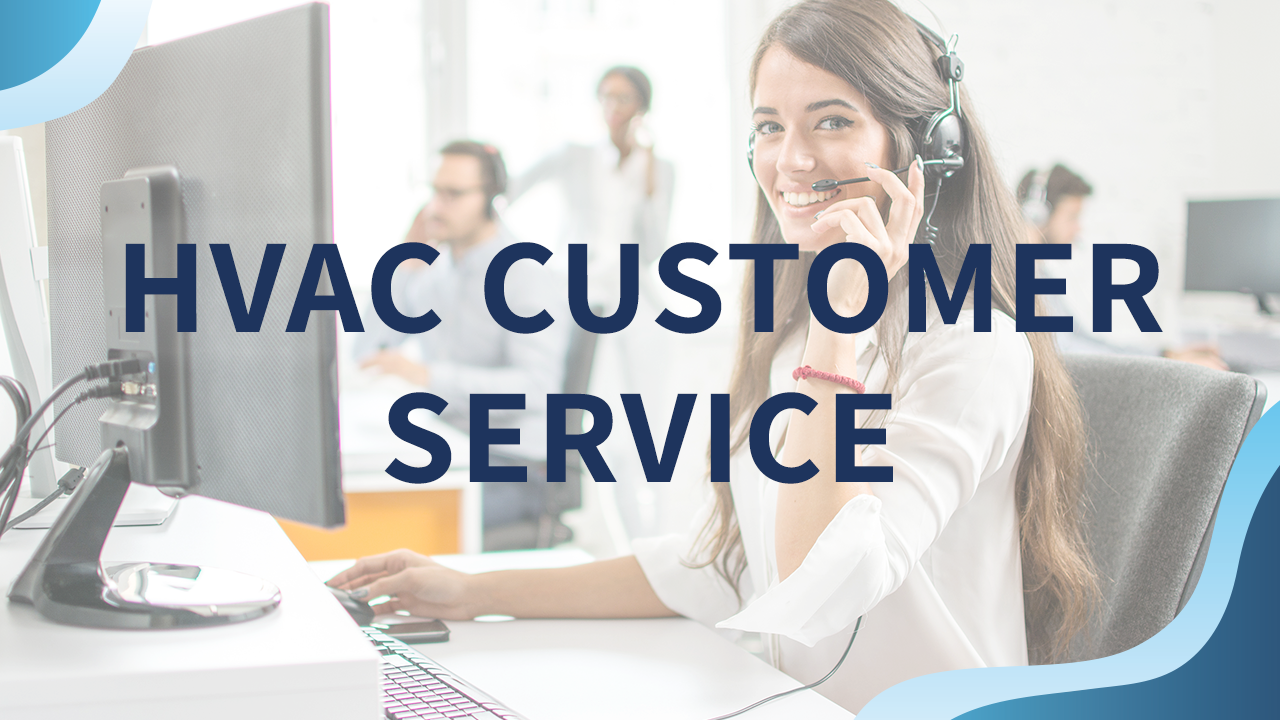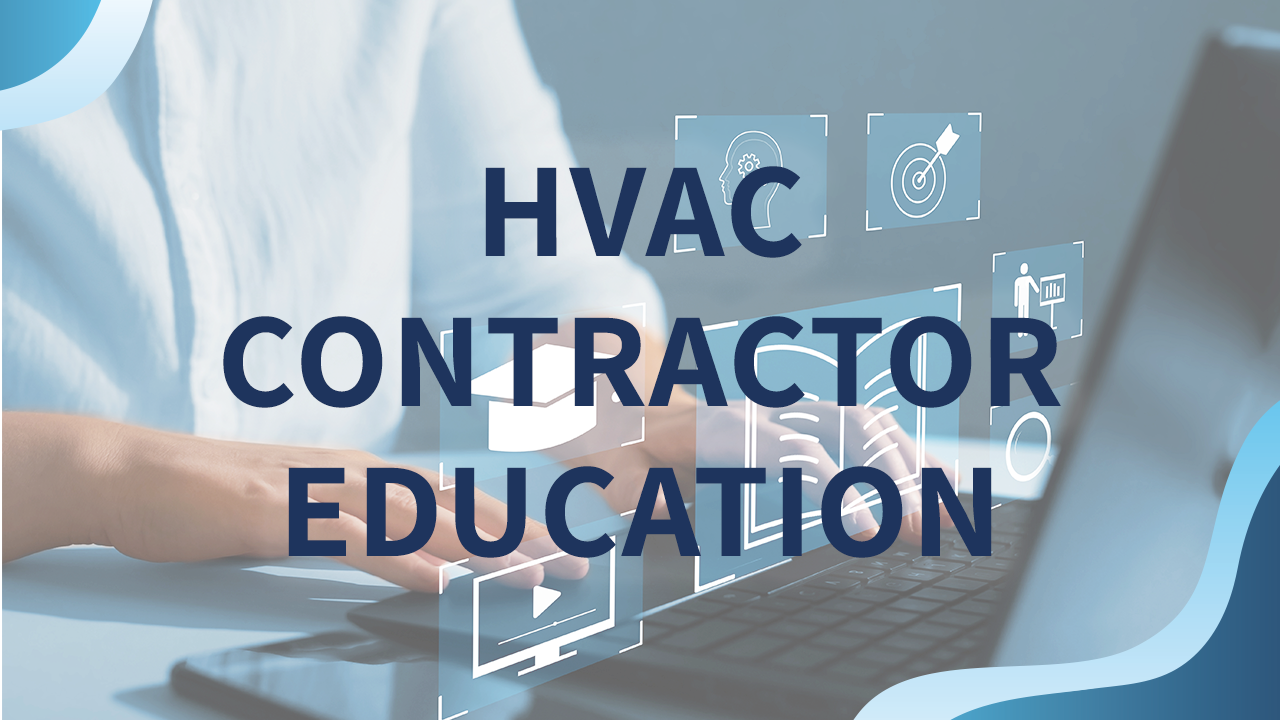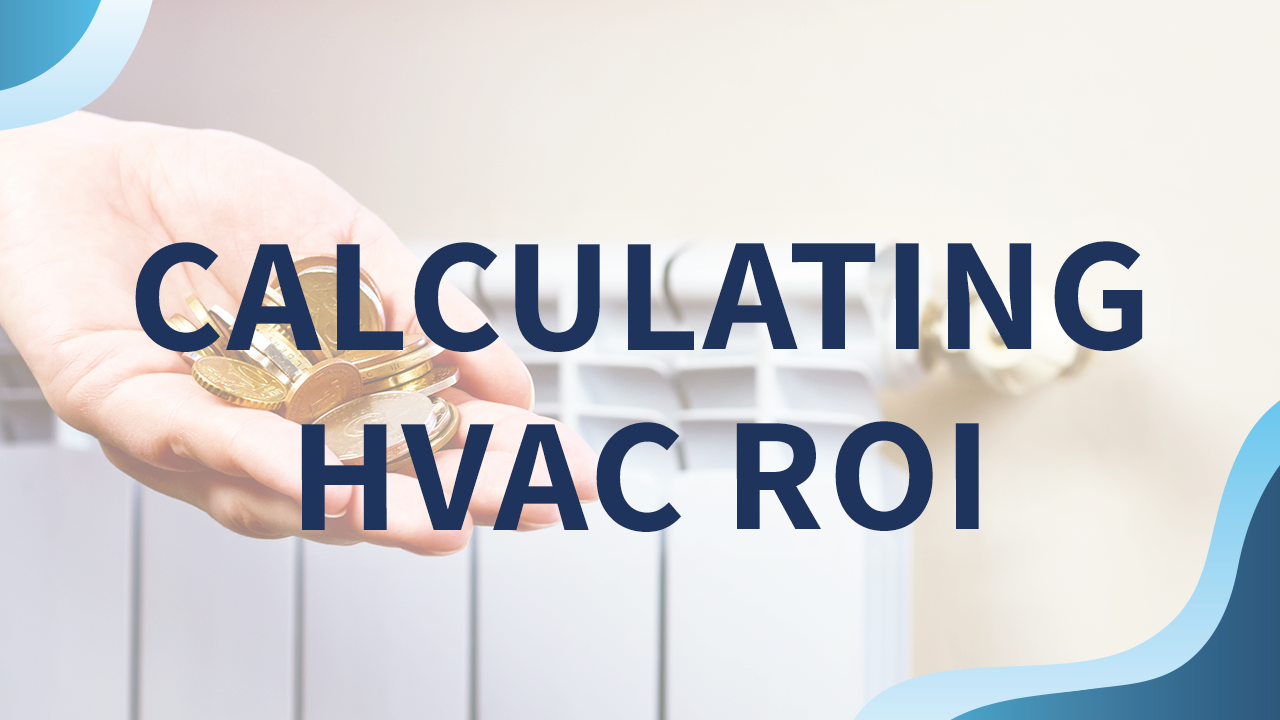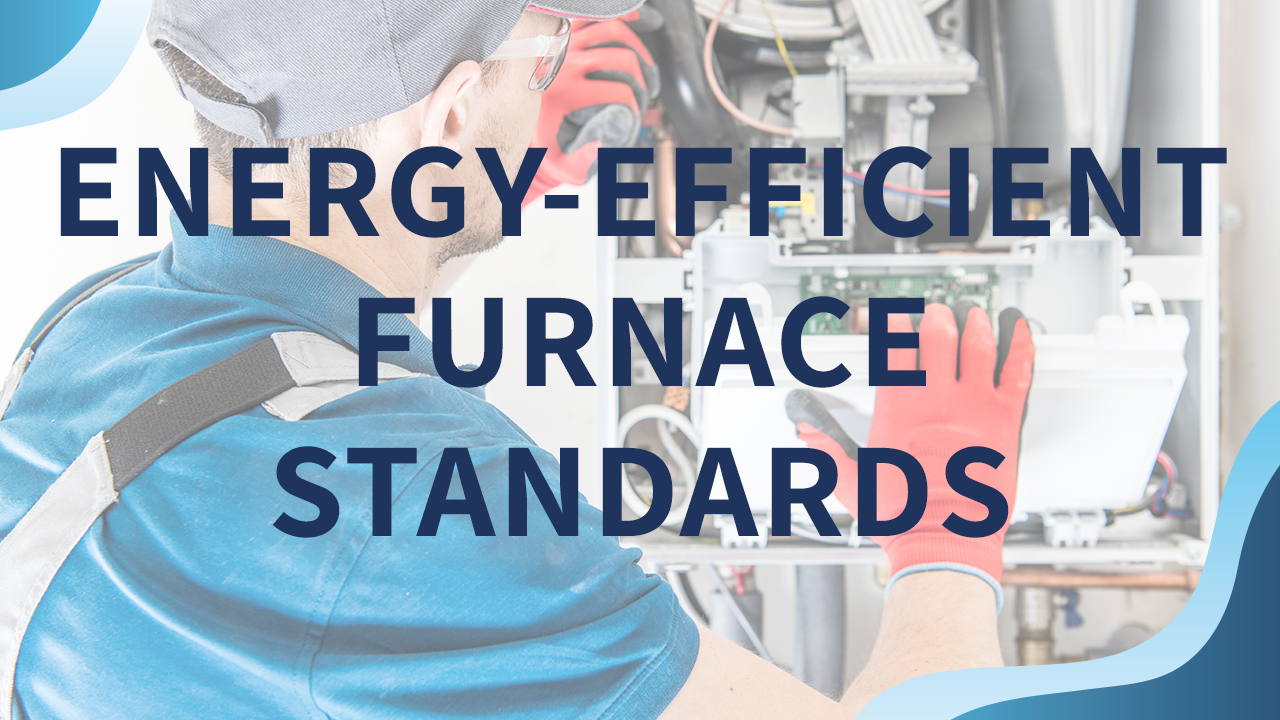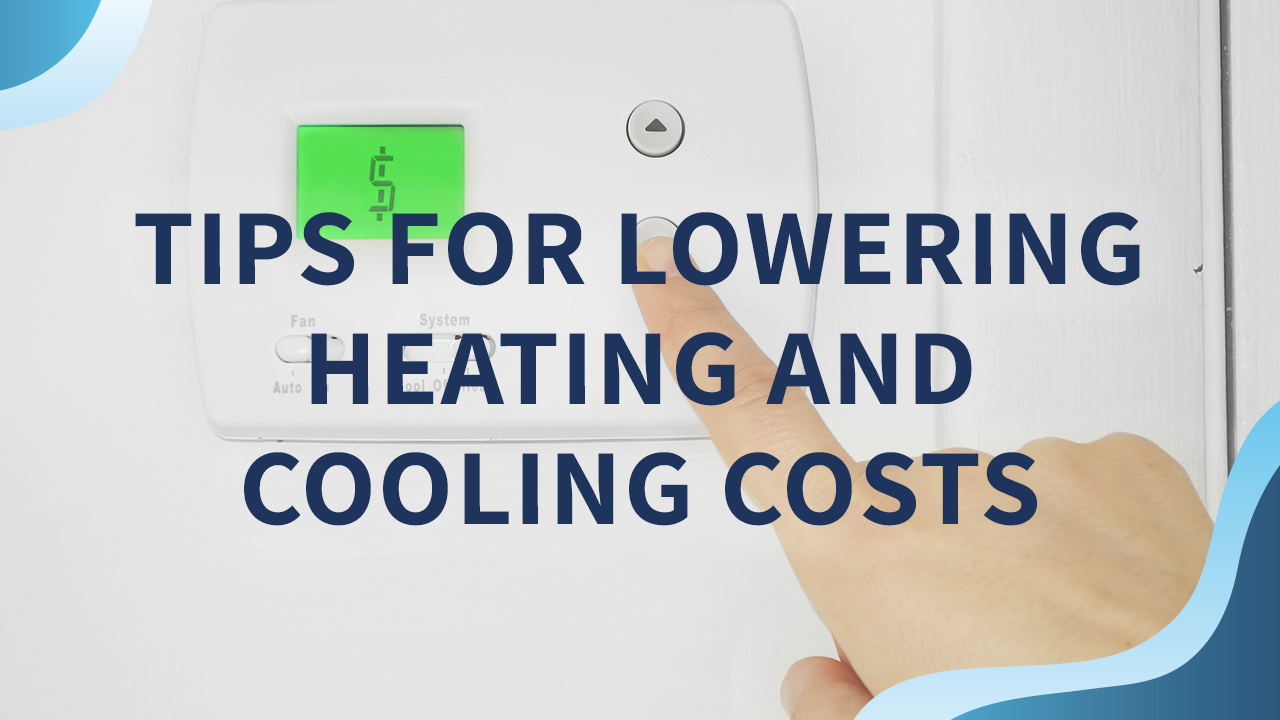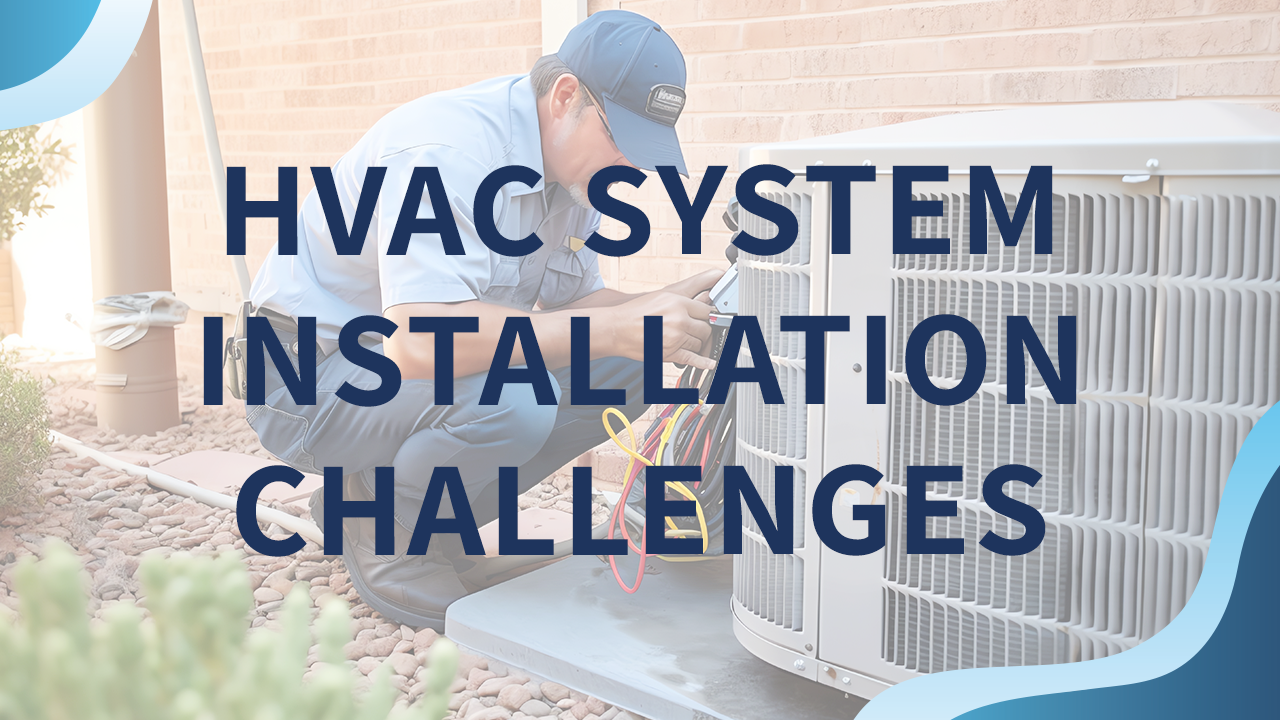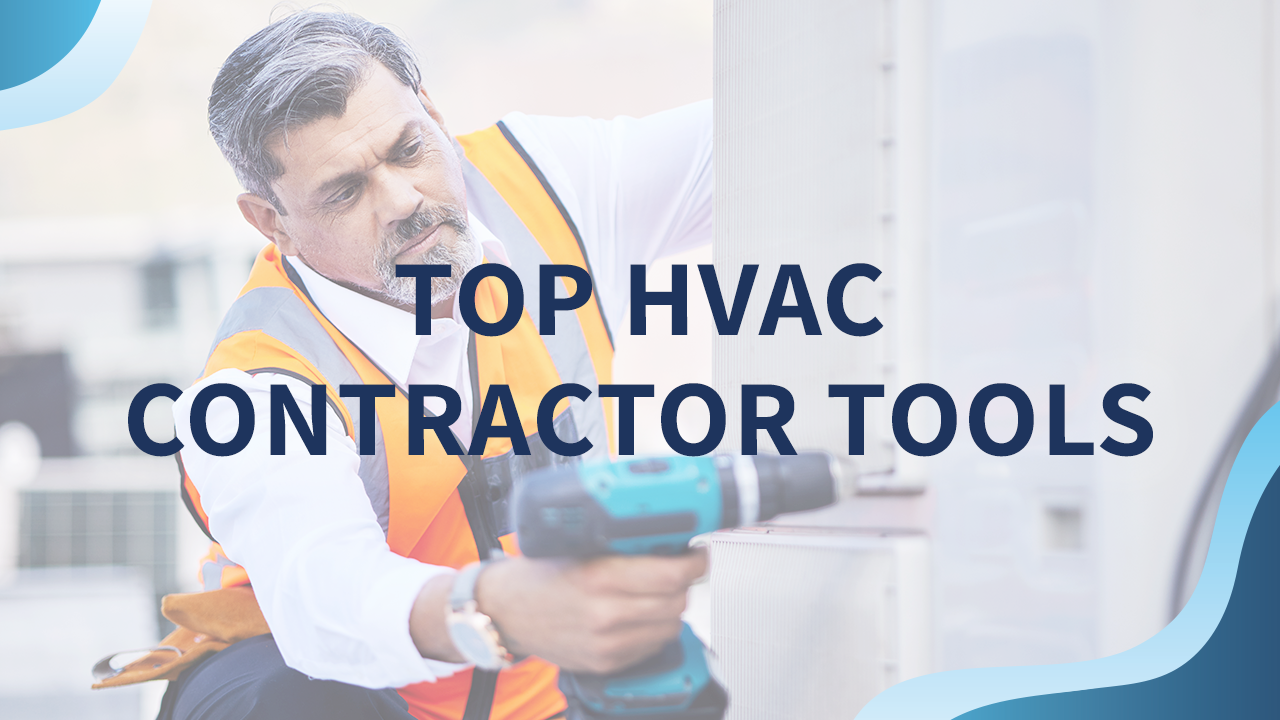On-demand convenience has become the name of the game in today’s start-up economy. Technology is touching parts of our lives we never envisioned. Ever since Uber created software to help people hail a “cab,” it’s a race to adapt similar programs for all aspects of the service industry.
It’s no wonder the peer-to-peer economy is spreading like wildfire. After all, Uber is now valued at more than $60 billion, and the almost-universal use of mobile technology has created the perfect market for additional innovation. Customers want convenience, and service providers can fill their schedules.
But it’s not as simple to become the next “Uber of X,” as one might expect. There’s far more than creating an app that links customers to providers.
Successful On Demand Mobile Service companies must integrate complex sets of data in real time with algorithms that set dynamic rates. Somehow, entrepreneurs and investors manage to navigate the crooked path to “uberize” a growing number of industries, including beauty and wellness, healthcare, home services and a plethora of product deliveries, some locally, some nationwide and others globally.
In fact, the business of identifying ODMS companies has become a business in its own right. The team at Product Hunt created its own interactive list, “Uber for X.”
Wondering what industries have been transformed by ODMS? Check out the following successful ODMS companies that are following in Uber’s tire tracks:
Drizly
Drinking and driving is never OK, but what happens when you run out of wine at the dinner party? Often called the “Uber for liquor,” Drizly has been offering a safe and convenient solution since 2012.
The Boston startup provides users with an up-to-date list of thousands of retailers selling wine, beer and liquor. Customers can choose to reserve the beverages for in-store pickup, or they can have their orders delivered.
The Drizly app even helps users compare prices and research drink recipes. Drizly has now expanded to other markets, including San Francisco, Chicago, New York City, Dallas and at least 94 other markets.
Pager
Oscar Salazar – one of the people behind Uber – may have co-founded it, but Pager wants to be known as more than the “Uber for healthcare.” Pager CEO Walter Jin told Fast Company that the analogy isn’t quite right.
When users order a car to pick them up, they know what they need, and can choose the right car to pick them up from the correct location, Jin explained. The same is not so with healthcare customers.
“I would surmise that people don’t know which care setting they really need to go to–whether it’s ER, urgent care, primary-care physician, specialist, just getting a . . . lab order or a prescription pharmaceutical,” Jin said. “We don’t know. All we know is that we’re sick.”
The Pager app, therefore, must analyze a much broader set of data to provide the user with the appropriate service. Pager provides a free interactive session with a nurse via chat, voice or video so that customers can be directed to the most appropriate service provider. The nurse might arrange a house call from a Pager-contracted doctor or a telemedicine session, or advise the user to visit the emergency room.
Trusted
Childcare isn’t an easy market to tap into. Parents can’t trust just anyone with the care of their most precious assets, but finding a reliable, vetted and trustworthy provider is easier said than done – especially if the need for a sitter arises in a pinch.
Still, busy moms and dads have demonstrated they will use online resources – if the company credibly screens its providers. Trusted has done just that. The San Francisco startup that launched in 2015 connects verified caretakers with parents who need a sitter for a few hours.
Trusted earns its moniker by completing background checks on its providers, as well as checking DMV data, terrorist and sex offender registries for information on applicants. The company also contacts references and conducts in-person interviews to be sure only the best candidates are placed with clients’ children. Before being accepted as a provider, applicants must also complete job shadowing and a trial babysitting job.
Trusted is so particular over its providers, in fact, that it doesn’t use independent contractors. Unlike other “uberized” businesses, Trusted’s providers are employees. The formula must be working – Trusted has now expanded to the New York City market.
Helpling
How many people out there wish someone would come clean their houses? Probably about as many as would be willing to clean for some extra cash. The problem arises in connecting the two. Helpling offers a solution to this common quandary.
Helpling launched in Australia in 2014 and within six months had already achieved more than 10,000 cleanings. Proving not every ODMS enjoys a meteoric rise to success, however, Helpling ceased its Canadian operations in 2015 and has yet to launch elsewhere in the western hemisphere. Still, the company now serves more than 200 cities in 14 countries.
Helpling’s online platform connects users with thousands of local, insured and experienced cleaners. Plus, the app empowers independent cleaners to conveniently operate their businesses and fill their calendars with appointments – all from a single app.
Motili
Who doesn’t love scouring the web to find a trustworthy home service provider who does the job right and doesn’t overcharge? If you raised your hand, you’re definitely not alone. With so many electricians, plumbers, HVAC technicians and other contractors, why is it so hard to find a good one? The predicament is especially trying for property managers who must juggle a long list of contractors with an ever-changing roster of clients, repairs and maintenance.
Motili is easing that burden for many multi-family and commercial property managers, and institutional single-family investors around the US. The company’s technology platform not only connects property managers with reliable and efficient service providers but also collects data about users’ real-estate portfolio to help property managers optimize capital expenditure.
“Our customers benefit from robust technology that quickly connects them with a national network of skilled technicians associated with Motili,” the company’s CEO Jeff Wilkins told HVACR Business. “We provide the simplicity of a single point of contact across the U.S.”


